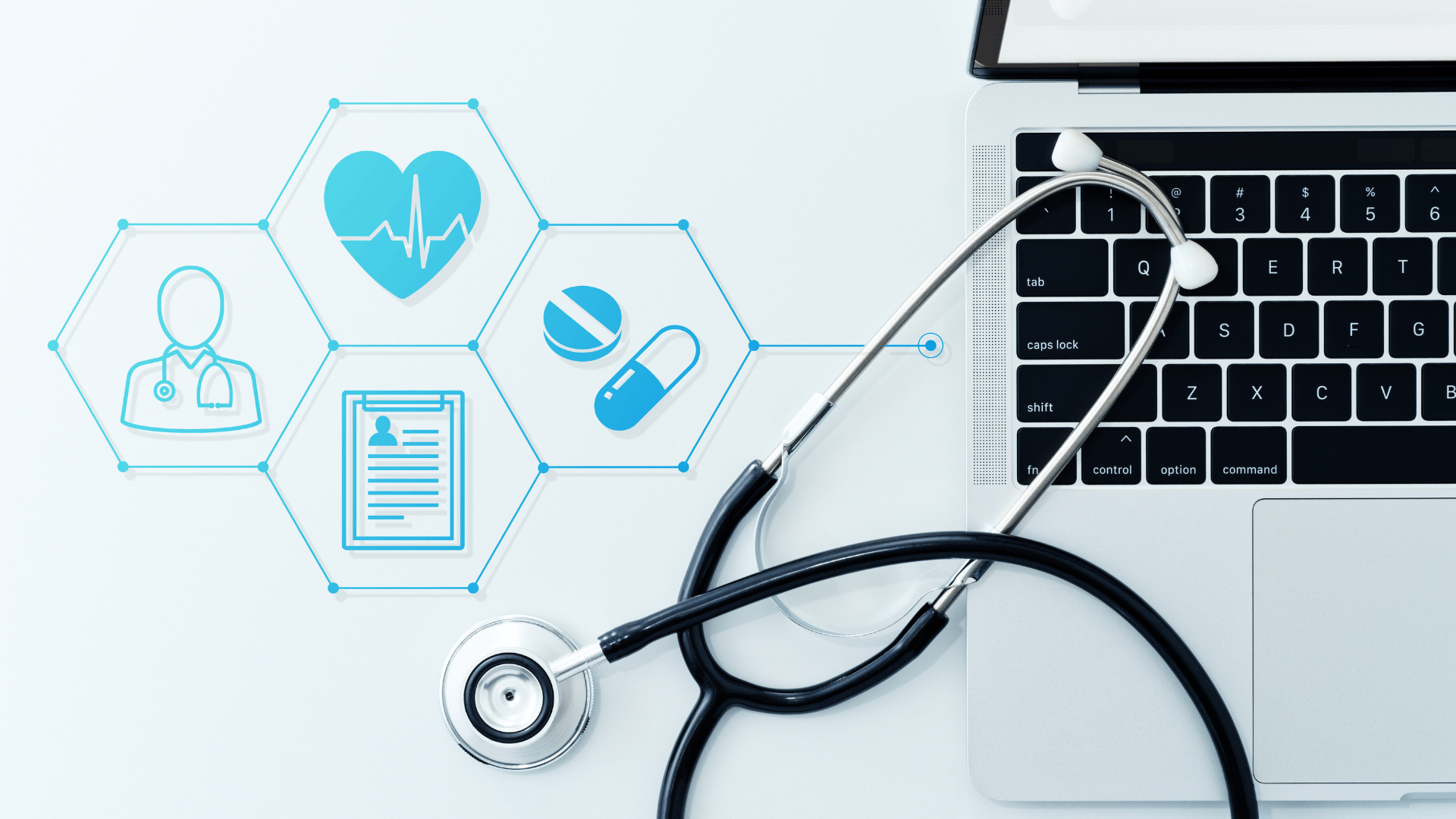The integration of technology into healthcare has improved patient outcomes, streamlined administrative tasks, and enhanced the overall efficiency of the industry.
The Impact of Software Development in Healthcare
The healthcare industry has been transformed by the introduction of software. The use of electronic health records has streamlined patient information management, making it easier for medical professionals to access and share patient data. This has resulted in improved patient outcomes, as medical professionals can make more informed decisions about patient care based on a comprehensive understanding of a patient's medical history.
In addition, software has led to the creation of medical devices that can monitor and track patient health in real-time. Daily use devices such as Fitbit and Apple Watch can track vital signs such as heart rate, blood pressure, and oxygen levels, providing patients with a continuous stream of data about their health. This allows medical professionals to monitor patients remotely and intervene if necessary, reducing hospital readmissions and improving patient outcomes.
Software has also enabled the creation of telemedicine solutions, which allow patients to receive medical care remotely. This has become especially important during the COVID-19 pandemic, as it has allowed patients to receive medical care without risking exposure to the virus. Telemedicine has also made healthcare more accessible to patients in rural areas, who may not have easy access to medical facilities or the collaboration with medical doctors remotely.
The Case Study of Waidi
Mosano has been creating a range of healthcare solutions, including Waidi. Waidi is a software solution that allows medical professionals to improve and tailor their type 2 diabetes mellitus, providing tailored treatment suggestions based on the patient's information. The system uses an artificial intelligence system to decide on what’s the best treatment course for a given patient.
Waidi was developed in response to a need for a solution that could help medical professionals manage patients' diabetes. This virtual assistant, designed to improve the treatment of diabetes, combines medical knowledge and cognitive computing into an Artificial Intelligence program capable of interacting in natural language and supporting physicians in evidence-based decision-making.
For this project, Mosano developed a serverless platform that integrates with Watson Bot from IBM, which allows medical doctors to interact with the AI-powered bot, and get a treatment approach for each specific patient.
Get to know more about this project, here.

